This report in the form of a handbook presents ways that can help all public libraries carry out democracy work; in other words, to build civil dialogue, participation and opportunities for exerting influence.
The handbook has several target groups. It offers decision-makers a general understanding of the methods that libraries can use to build encounters and interaction. This will specifically help library employees provide the means to organise different types of events and build co-operation with different groups. In addition, individuals can explore the different ways to participate and be inspired by them.
The tools presented in the handbook are based on the lessons learned from the experiment “Libraries as forums of democracy”. During 2020 and 2021, the pilot project helped public libraries to become a wider part of civil society by providing a venue for dialogue between the general public and various decision-makers. The project involved six libraries (in Imatra, Inari, Mäntyharju, Oulu, Pietarsaari and Turku). The objective was to employ effective operating models and methods for increasing democracy in libraries. The experiments were launched, co-ordinated and funded by Sitra.
The resulting experiments and methods are also well suited to the spirit of the new Library Act, whose objectives are to promote active citizenship, democracy and freedom of expression – the act also states that the tasks of a public library include the promotion of social and cultural dialogue in addition to its other more traditional roles.
This handbook is based on interviews with the experiments’ participants and on the material produced during the experiments. The selection of methods are presented in the handbook in such a manner that any public library in Finland can implement them in their own way, depending on the resources and interest. The aim was for any library to be able find a suitable way among the various options to support citizen participation and build dialogue.
The methods developed help libraries to teach and encourage societal influence, build dialogue and create encounters between individuals and decision-makers, to explain how EU-level decisions affect people’s everyday lives and to learn how to use different creative methods in democracy work.
Practical and specific examples make it easier for libraries to implement the methods and the handbook contains a comprehensive list of tips for implementing them. These include practical lessons and a list of items that the project libraries identified as being useful to know prior to the experiments and which can now be freely used by all Finnish libraries.
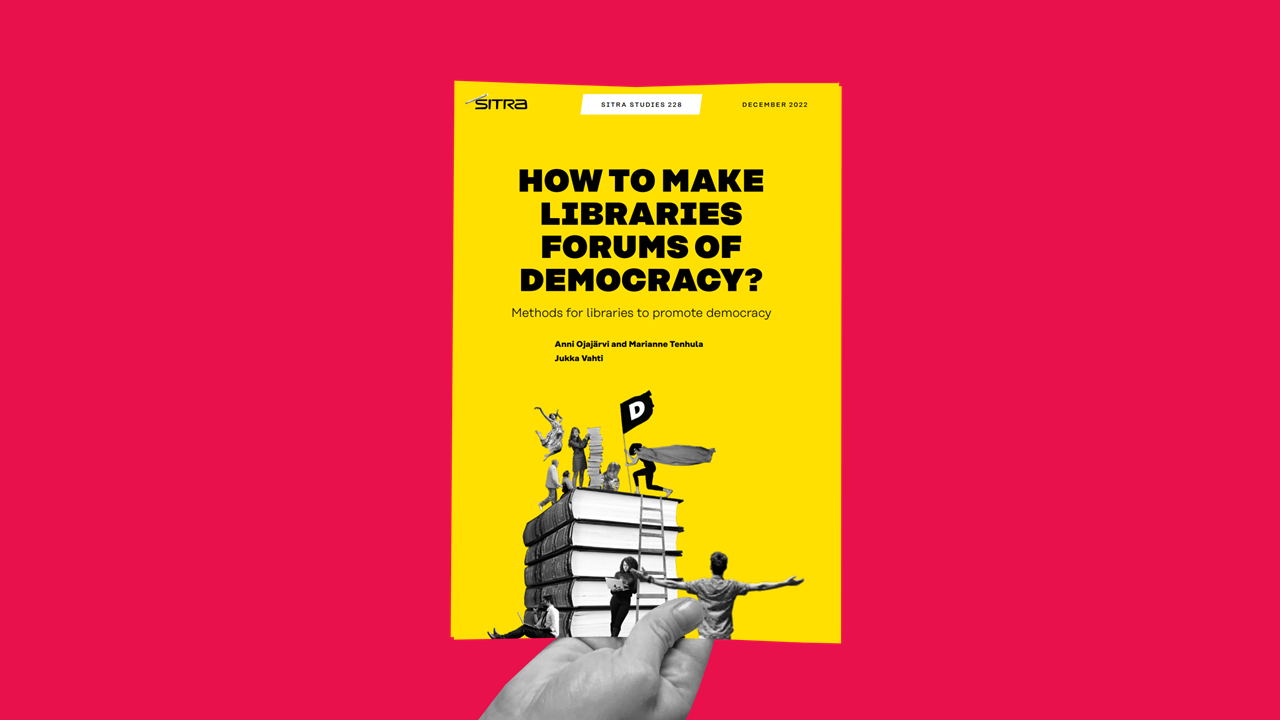






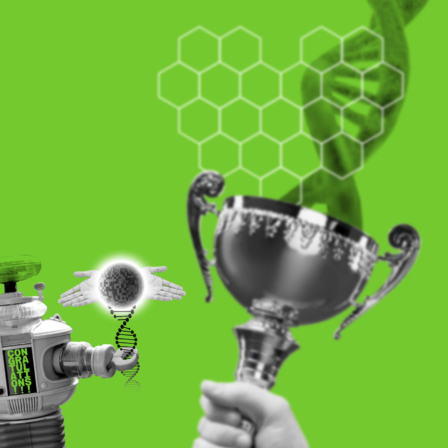
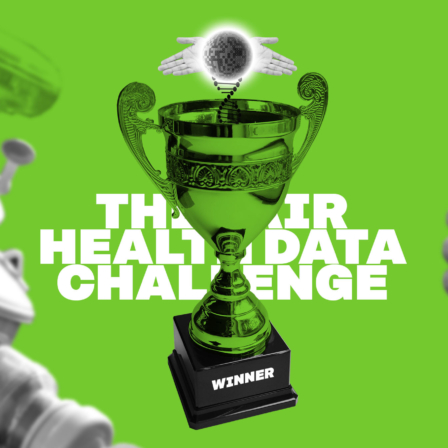





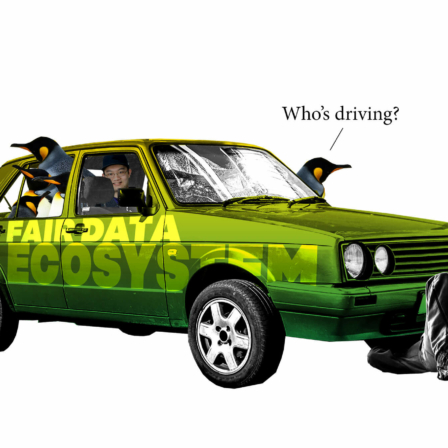

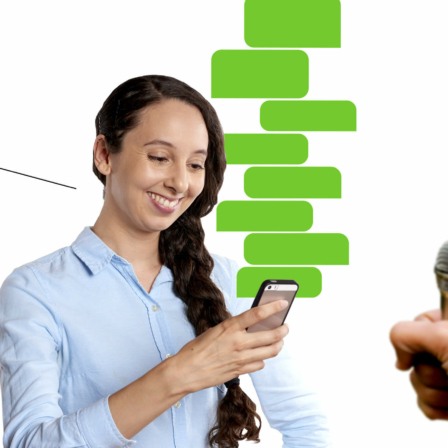

Recommended
Have some more.